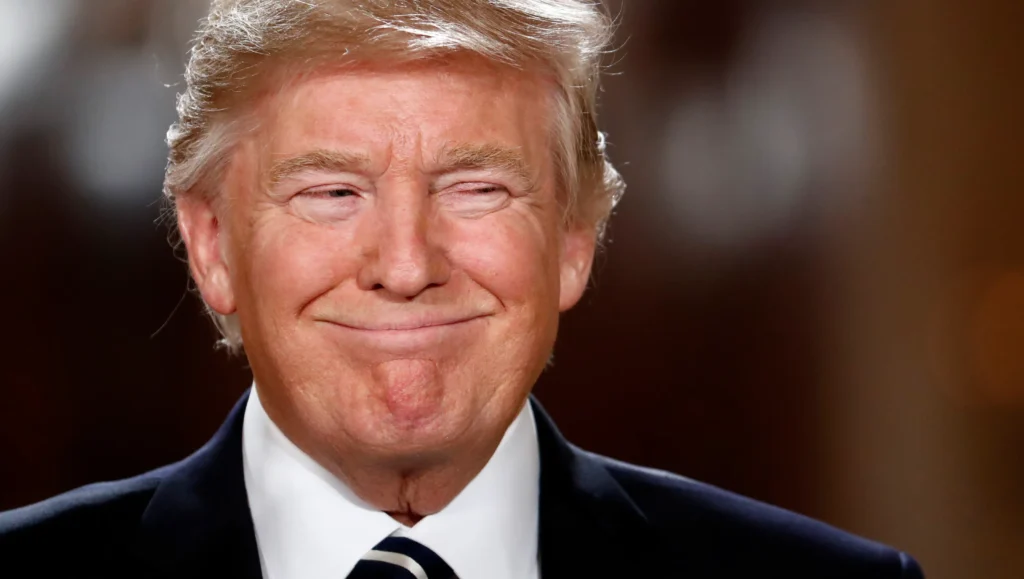Panic Mode Sets in Among Down-Ballot GOP Candidates as Trump Funnels RNC Funds to Legal Defense

In the aftermath of Donald Trump’s tenure as the head of the Republican Party, a stark reality is emerging for down-ballot Republicans across the United States. Many within the GOP ranks find themselves in a precarious position, grappling with the fallout from Trump’s takeover of the party and the consequences it holds for their own political futures. With resources dwindling and attention diverted to Trump’s legal battles, down-ballot Republicans are left feeling neglected and frustrated.
Doug Heye, a prominent Republican strategist, succinctly captures the sentiment echoing throughout the party’s lower ranks. “There’s a lot of frustration and concern that the national party isn’t doing enough,” Heye remarked in a recent interview. His words encapsulate the growing discontent among down-ballot Republicans who feel sidelined in the wake of Trump’s dominance within the GOP.
One of the most pressing issues facing down-ballot Republicans is the redirection of funds away from their campaigns and towards Trump’s legal defense. The exorbitant costs associated with Trump’s numerous legal battles, stemming from investigations and lawsuits, have siphoned resources away from crucial races at the state and local levels. This diversion of funds has left down-ballot candidates scrambling to finance their own campaigns, often with limited success.
“The money that could have been used to support Republican candidates up and down the ticket is now being funneled into Trump’s legal defense fund,” lamented Heye. This sentiment is echoed by many within the party who fear the long-term consequences of neglecting down-ballot races in favor of propping up Trump’s legal battles.
Moreover, Trump’s stranglehold on the Republican Party has created a challenging environment for down-ballot candidates seeking to distance themselves from his controversial rhetoric and policies. The former president’s polarizing persona casts a long shadow over GOP candidates, making it difficult for them to carve out their own identities and platforms. This dilemma poses a significant obstacle for down-ballot Republicans striving to appeal to a broader electorate beyond Trump’s staunch base.
“The challenge for down-ballot Republicans is how to navigate the Trump factor,” observed Heye. “Many candidates are finding themselves in a bind, torn between loyalty to the party’s base and the need to appeal to moderate and independent voters.” This delicate balancing act underscores the complex dynamics at play within the GOP, where allegiance to Trump often comes at the expense of broader electoral viability.
In addition to grappling with financial constraints and ideological conflicts, down-ballot Republicans must also contend with the legacy of Trump’s tumultuous presidency. The events of January 6th, 2021, when a mob of pro-Trump supporters stormed the U.S. Capitol, continue to reverberate throughout the party, further complicating the political landscape for GOP candidates.
“The fallout from January 6th has created a challenging environment for down-ballot Republicans,” remarked Heye. “Many voters are still grappling with the events of that day, and candidates must navigate the fallout while maintaining their own political viability.” The lingering scars of January 6th serve as a stark reminder of the volatility and division that characterize contemporary American politics, placing additional strain on down-ballot Republicans seeking to rebuild trust and credibility with voters.
As the 2024 elections loom on the horizon, down-ballot Republicans face an uphill battle fraught with challenges and uncertainties. Trump’s enduring influence within the GOP, coupled with the diversion of resources to his legal defense, has left many within the party feeling disenfranchised and overlooked. The road ahead is fraught with obstacles, but for down-ballot Republicans, the stakes have never been higher as they strive to navigate the turbulent waters of Trump’s legacy while charting a course for their own political futures.
